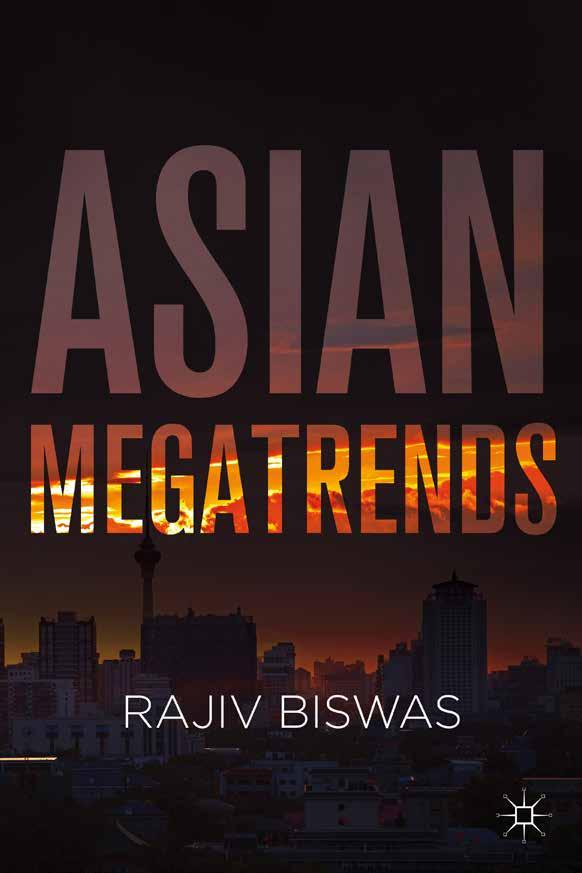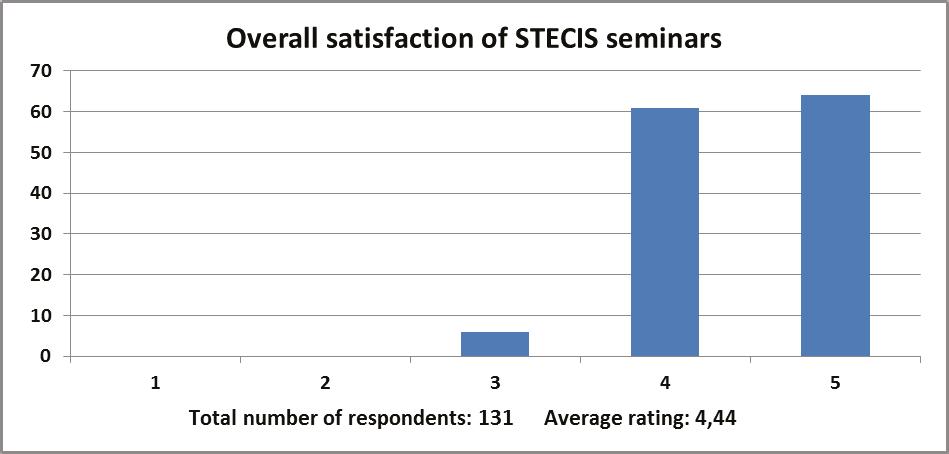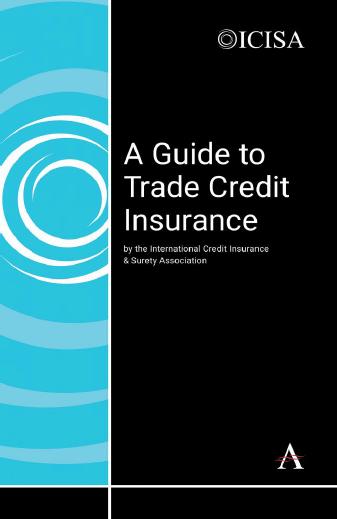
3 minute read
Column Ladislav Artnik
Ladislav Artnik, CEO at SID First.
Grilled Sea Bass
Advertisement

It was on a lazy late summer afternoon on Adriatic coast after consuming a perfectly grilled Sea Bass with everything that goes with or over it, when I decided to accept Daniel Stausberg’s invitation to take the pen and write a contribution to our industries common cause. Besides the excellent meal and a beautiful view on the sea the decision was also based on my fast approaching retirement, which obviously aligns with certain urge to have a farewell say on the state of our industry. And there is this almost full quarter of a century of experience.
Will you be able to survive in the highly competitive EU market considering your size of operation? This was the most frequent question coming from all sides (owners, competitors, clients) and all the time.
Having survived the major financial crisis, new European Solvency regulation and so far the present really soft market conditions, the answer is obviously positive. All this of course wouldn’t be possible without reasonably good relations with information providers, reinsurers and also clients allowing us to take a fair share of their “economies of scale”.
In my opinion, one of the main factors of our success was also our relatively conservative attitude regarding acceptance of “non-traditional” features such as insured’s our selection of risk or “non- cancellable” limits.
We have managed to maintain the whole turnover concept for the vast majority of our business insured and will try to continue to do so with rare exceptions whereby the selection can be treated as being objective (financing receivables, single transactions, and so on).
I don’t believe that spreading fear or overemphasizing certain risks is a proper sales tool but mere hinting of the possible consequences of the wrong own selection normally works. And it is quite possible that a client may in an uninsured loss situation at least consider to blame the insurer for allowing selection.
We have also been restraining from offering so called “non cancellable” risks as a standard option. Looking back to the last crisis period and the attitude of many insurers I see this request to formalise the “non cancelability” as certain mistrust and reaction of clients’ to crisis driven numerous credit limit cancellations. We have recently reconsidered our position since in real life, we all know that, a responsible insurer will not just cancel an important (sizeable) and regularly utilized credit limit without previously consulting the client. Even if it is agreed that insurer is not allowed to cancel the limit, it of course doesn’t mean that one cannot try and with proper argumentation and client’s consent also succeed. It will not always be easy having the “burden of proof” on our side but I am also sure that if professionally executed it will only help regaining necessary trust. And in my view, this is more important than possible occasional loss due to prolonged argumentation period.
I am certain that direct communication with the client is so important that will never be supplemented by a “machine”. At least as long as there are still people on the other side of the line.
Considering the fast developing disruptive technologies already affecting at least energy and automotive sector and consequently also their suppliers even for short term insurers the ability to detect the companies heading in the wrong direction will be even more important than just checking their financials. Looking at the smoking signs all over the place I just hope that in the future we will still be able to call inside E.U. trade “almost domestic” and that travel will remain as free as possible.
And to my colleagues from ICISA who so often feel that for compliance reasons it is not allowed to discuss sensitive insurance topics, I am offering (upon request) some very useful tips on preparing grilled Sea Bass instead.
It is my pleasure to pass the pen to Stefaan Van Boxstael, general manager at Credendo, who will share his thoughts with the readers in next ICISA Insider.








